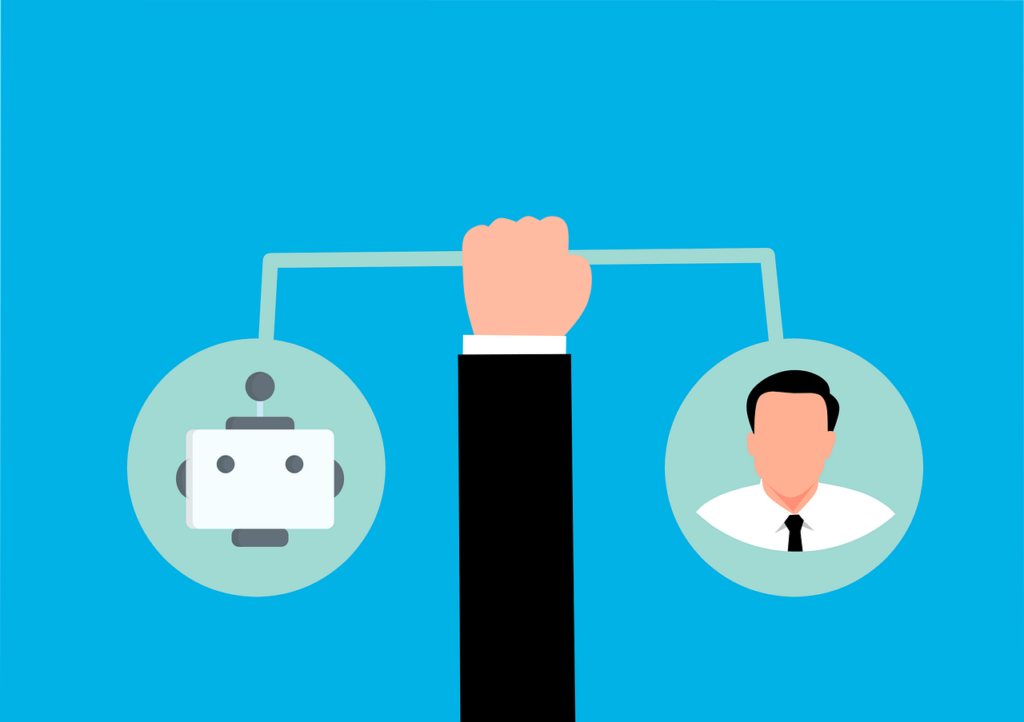
To paraphrase William Shakespeare:
When machines do the work that we’re assigned
And create the content that does abound
We’ll all be free to do the things we love
And leave the dreary work to be done by glove.
I say paraphrase because this, I believe obviously, was written by artificial intelligence (I found it on the website theconversation.com). This demonstrates one thing AI can do very well: replicate a style.
But it is not Shakespeare. Shakespeare was human. All the beauty, creativity, research, inspiration, and writing was done by a human (or humans, if you believe Shakespeare was a composite of many writers, but that’s irrelevant here).
Many people fear that AI programs such as ChatGPT, Jasper, Bard AI, and Bing AI Chat will render human writers, including ghostwriters, unnecessary. I’m here to assure that isn’t the case, and until machines became fully capable of self-learning, it will never be.
That isn’t to say AI doesn’t have its place in writing. AI can do a great many things: It can research massive amounts of data in seconds or minutes and churn out writing that is logically organized and follows a predictable pattern.
It can sound like a human. But it is not human.
The human brain remains more capable of doing more things than any AI program can. A human can think critically; AI cannot. That means a human can take a piece of information and realize it’s false; AI can’t. A human can realize that bit of information has been plagiarized from another source; AI cannot.
The human brain is capable of writing original, complex work. Think of any great writer of books, music, journalism, opinion, it doesn’t matter, and AI cannot create what that person did. It can, however, copy a style — but only after given a prompt by a human.
In that same article in which I found the fake Shakespeare, there also were passages AI wrote imitating Winston Churchill and Oscar Wilde. “Churchill” was told to comment on the threat of AI, and it wrote this:
My fellow citizens, I stand before you today to talk about a grave threat to our society. I’m talking about the threat of artificial intelligence … We must resist this threat. We must fight back. We must stand up for our right to think for ourselves. We must defend our right to control our own minds. … Some say that AI will create a utopia, where all of our needs are met and we can finally live in harmony with technology. But I say that this is a fool’s paradise. AI will not create a utopia, it will create a dystopia. A world where machines are in control and humans are little more than slaves.”
Regarding Wilde, the AI was told to write a play in his style, but it couldn’t create entirely new characters. It created one and used characters from “The Importance of Being Earnest” to round out the cast. A human can create entire worlds and the people that inhabit them.
Humans understand nuance and subtlety; AI does not. A human knows the difference between (and this example I found online) a stubborn child, a determined child, and a contrary child because a human understands context. So, a ghostwriter would write, “I WILL NOT!” to convey stubbornness, “I will!” to show determination, and “Why not?” to connote contrariness. AI, meanwhile, would have to spell it out.
Humans have wisdom and experience to fall back on; AI has only what has been written. Humans can use that wisdom and experience to emotionally connect with a reader; AI can’t go back to its childhood and remember the trauma that informed its future. It can’t make a mistake, realize it, and learn from it so it doesn’t repeat it.
In fact, it sometimes doesn’t own up to its mistakes. The Verge reported in February that Microsoft’s AI chatbot insisted the year was 2022, then called the user “unreasonable and stubborn” for correcting the bot before issuing a passive-aggressive ultimatum to apologize or shut up.
Despite AI’s shortcomings, the technology is here to stay, so ghostwriters have to figure out what to do about it. I see choices: do nothing and ignore it, or incorporate it into the work without surrendering the human touch.
To do nothing is to stick your head in the sand, and you will be at a competitive disadvantage if you don’t use AI in some way. Many ghostwriters are using it, primarily to research a topic because AI can pore over data many times faster than a human. Then the ghostwriter uses the human skills to parse out what’s credible, what’s factually wrong, what works and what doesn’t before finally actually writing the piece.
Here’s one more fact to consider: The U.S. Copyright Office will not extend protection to any AI-generated works. “In the Office’s view, it is well-established that copyright can protect only material that is the product of human creativity. Most fundamentally, the term ‘author,’ which is used in both the Constitution and the Copyright Act, excludes non-human,” the Office wrote in the Federal Register.
There is a place for AI in the ghostwriting world, but until machines become as self-aware as Skynet, humans aren’t going anywhere. Looking for a ghostwriter in Cincinnati? Contact me.
Let's Start A New Project Together
Contact me and we can explore how a ghostwriter or editor can benefit you.
